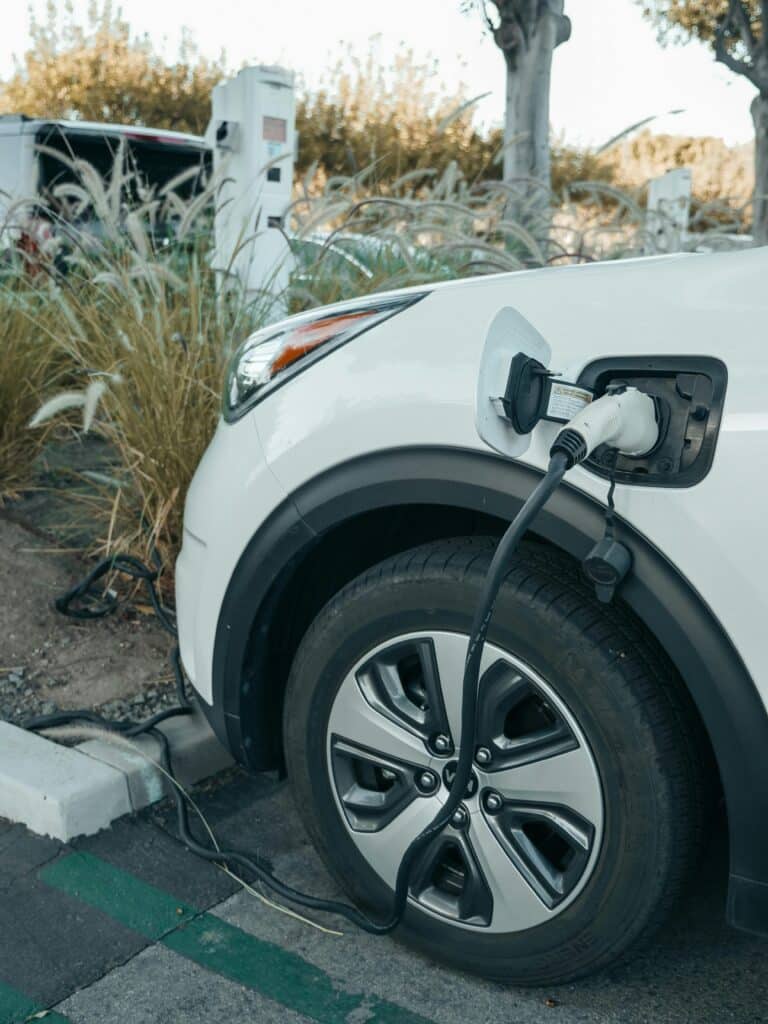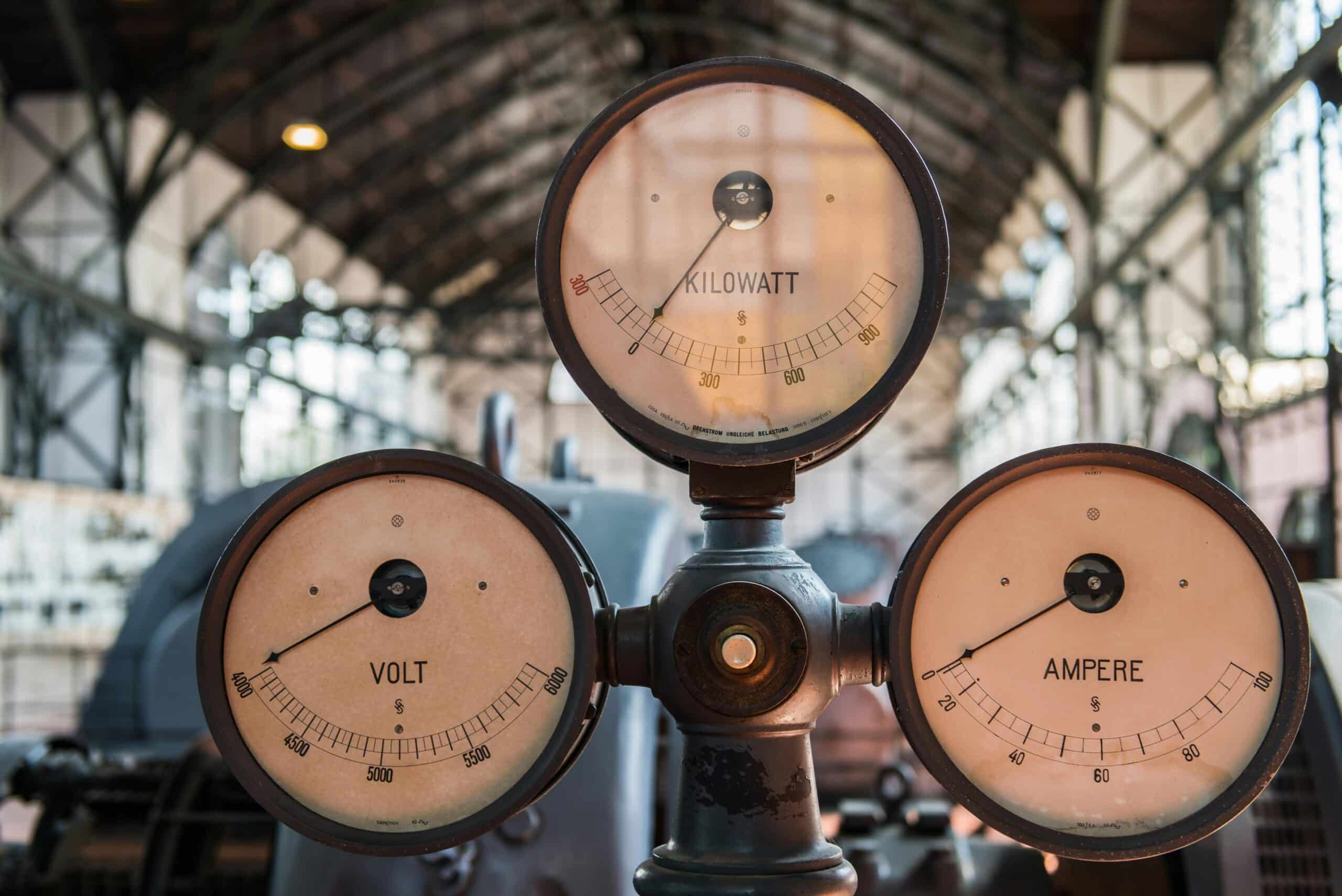What is kW and kWh. These acronyms come up a lot when looking into chargers and electric vehicles. Let’s take a look at what it means so that we can better understand kW and kWh.
Understanding kW
A kilowatt is a unit of measurement in electricity. Kilowatt is 1,000 watts and refers to how much power something has or consumes during use.
In the world of chargers, the higher the number of kilowatts a charger uses the more powerful that charger is. The lower the number, the less powerful. Chargers deliver energy to the car and kilowatts tell how fast the charger can transfer that energy.
For the purposes of this article, we’ll use a 14 kW, level 2 charger for our use case. A 14 kW level 2, charger will deliver electricity twice as fast as a 7 kW level 2 charger.
Understand kWh
You might already be familiar with kWh if you’ve ever looked at your electric bill. That’s because electricity is billed by kWh or how many kilowatts are used per hour.
Kilowatt hour is used when talking about electric batteries. When comparing electric vehicles to gas vehicles, kWh can be thought about as gallons of gas.
An electric car has a battery that stores kWh and a gas car has a fuel tank that stores gallons of gas. And as the car drives its fuel source is slowly depleted. And the rate of depletion can depend on a variety of factors. Like how fast you drive, how often you start and stop, whether the air or heat is on, and how high, among other factors.
So kilowatt hours are essentially the amount of energy a battery can store. As you drive the kilowatt hours are used up, much like the gas in a fuel tank.
kW and kWh
When you connect the charger to the car, the charger transfers energy to your car’s battery. That energy transfer is measured in kWh. How many kilowatts are transferred in an hour.
Going back to that 14 kW, level 2 charger, this charger has the ability to transfer 14 kWh of energy to the car’s battery. Or 14 kilowatts every hour.

Batteries also have a rate of charge that is different for every manufacturer. So just because the charger can put out a certain number of kWh does not mean the battery will charge at the same kWh rate.
Weather can also affect the amount of time it takes to charge. This is all important to think about when choosing the charger that’s right for you.
Cost to charge is also dependent on how many kWh you use to charge the vehicle and the utility or public charger’s rate.
The battery uses up those kWh as you drive. Generally the bigger the batteries kWh the longer the driving range . The more energy a battery can store, the farther the vehicle can be driven on a single charge.
But this isn’t always the case. EV batteries can be less efficient in extreme temperatures. How the car is driven and weight can also play a factor in how quickly those kWh are used.
To recap, when it comes to chargers, a kilowatt is a unit of measurement that tells how fast power is transferred to the battery. The battery collects and stores a certain number of kWh and uses those as it drives. When you compare it to a gas tank, the whole process becomes more familiar.
Now that you know what kW and kWh is, take a look at some of our chargers to see which one might be right for you.




